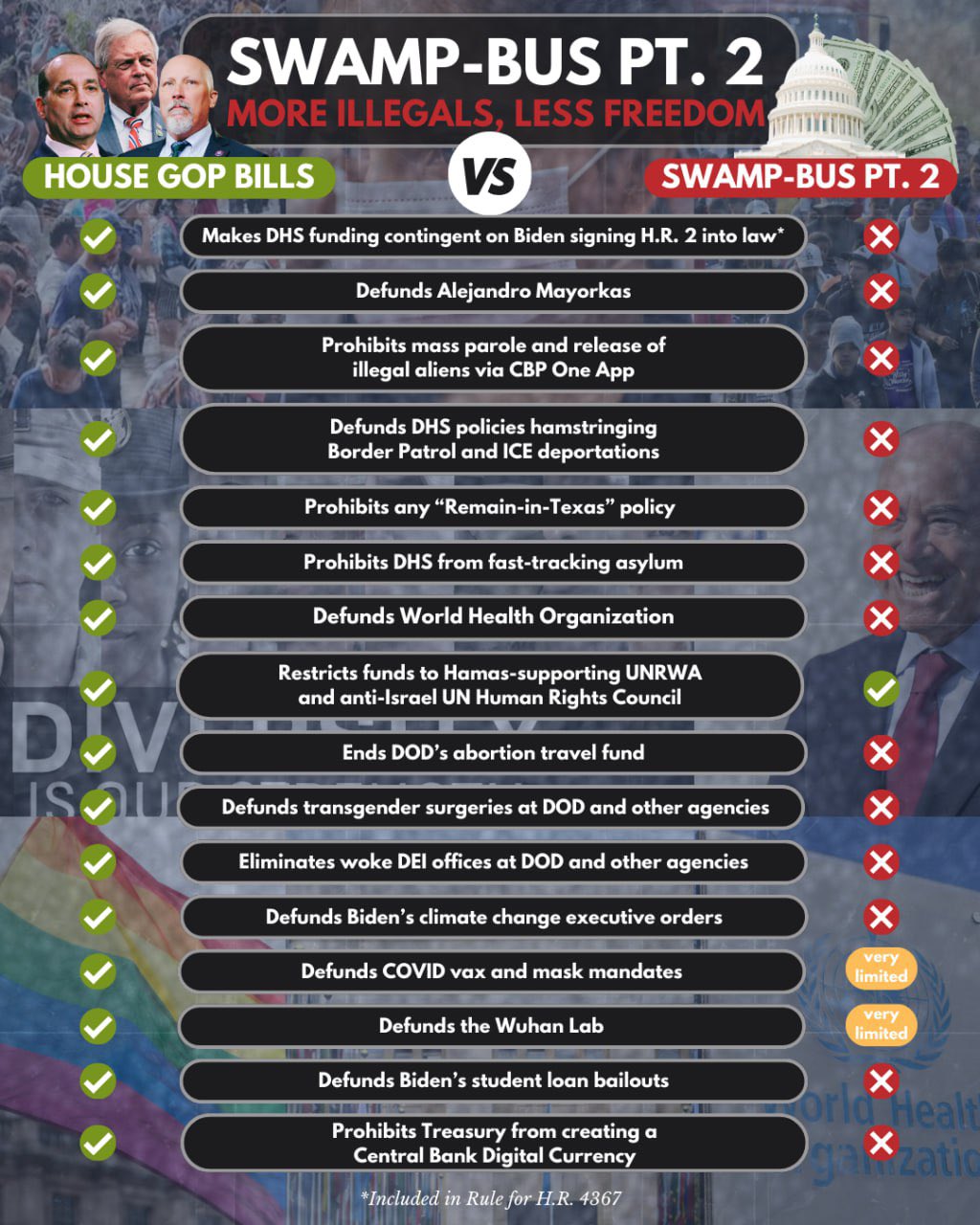The U.S. House of Representatives is scheduled to vote on a colossal $1.2 trillion spending package less than 24 hours after its release. The bill, spanning over 1,000 pages, was made public in the early hours of Thursday morning, at a time when most Americans were not awake to scrutinize its contents.
The release of the omnibus bill follows the House’s passage of a $460 billion package earlier this month, aimed at funding key federal agencies through the end of the budget year.
Negotiations on a second, substantial package that includes defense spending are underway, with leaders from both chambers under pressure to fully fund all federal agencies by the March 22 deadline.
Jake Sherman, the founder of Punchbowl News, reported on Wednesday that “Senior aides involved in the crafting of the government funding deal indicate that the text could slip to Thursday. However, Speaker Johnson and Senate Democratic leadership are pushing hard for a vote by Friday.”
“Prepare to vote on a spending bill (more than 1,000 pages long) on Friday. You can see it Thursday. Maybe.”
This is shameful.
Adults don’t treat other adults like this.
Lawmakers in both political parties should be deeply offended by this rope-a-dope tactic by The Firm™️. https://t.co/lc0WeWMY8M
— Mike Lee (@BasedMikeLee) March 20, 2024
The contents of the second spending package, revealed during the early hours of Thursday at 2:32 am, have sparked fierce criticism.
Senator Rick Scott (R-FL) echoed the call for increased transparency, “Congress must be more transparent with the American people. The $1 TRILLION bill that dropped at 3AM contains 1,400 earmarks and spans over 1,000 pages. There was no need for this bill to be under lock & key until today. We must overhaul this flawed process and bring fiscal sanity to Washington NOW.”
Congress must be more transparent with the American people. The $1 TRILLION bill that dropped at 3AM has 1,400 earmarks and is 1,000+ pages.
There was no reason for this bill to be under lock & key until today. We must fix this gross process & force fiscal sanity in Washington…
— Rick Scott (@SenRickScott) March 21, 2024
Rep. Chip Roy (R-TX) criticized the bill for its bloated spending and lack of oversight, “With less than 24 hrs to review — the #SwampOmnibus — 1000+ pages & $1.2 Trillion — shatters spending caps to fund the WHO, woke DOD policies, a weaponized FBI headquarters, & utterly fails to address Progressive Democrats’ mass release of criminals across our borders. No Republican should vote for it.”

Rep. Andrew Clyde (R-GA) also denounced the process, saying, “Washington is beyond broken. The Swamp has released its second spending package — a 1,012-page tome that allocates $1.2 trillion of taxpayer dollars to catastrophic policies.”
